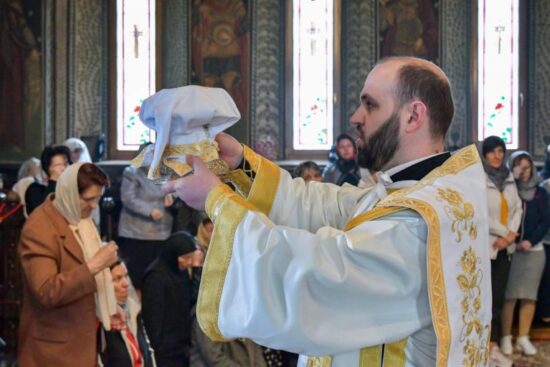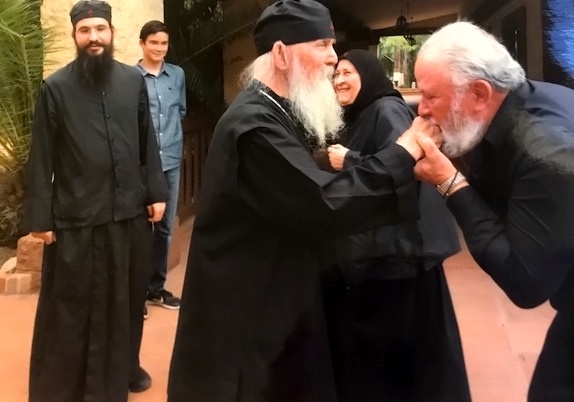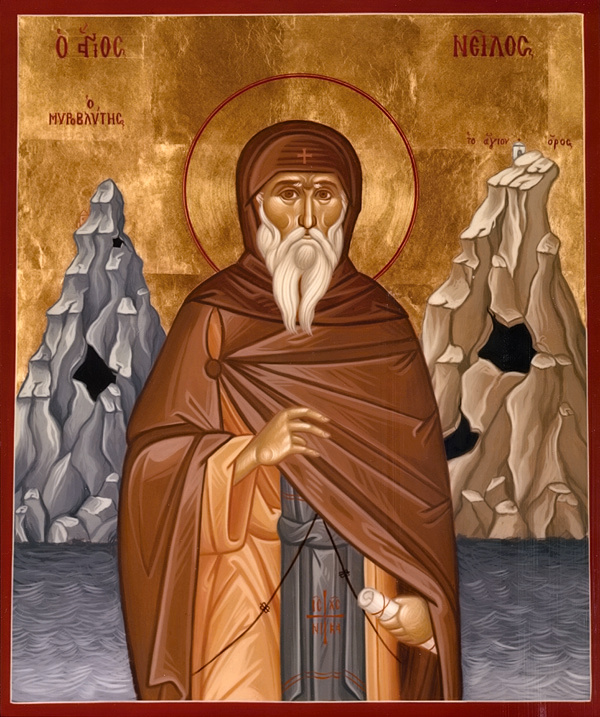A permanent characteristic of our life is tragedy, which is caused by the abyss between expectation and reality, between ideal and accomplishment. `When the object of our searches is reached then the man discovers a crude delusion: reality doesn`t correspond to what was offered to the mind and naturally delusion which comes after this leads to a bad and sometimes terrible death, says Saint Sophrony Saharov.
We all suffer this process which is a complete exhaustion of our being of the vital energy. Tragedy manifests even in the most elevate forms of human existence, in art, literature, in love and even in kindness.
Human life, at any level we would take it, is tragic in its manifestations. Even love is full of tough contradictions and many times of fatal crisis.
Thus any earthly phenomenon right from its birth bears the seal of annihilation, explains the hesychast saint from 20th century.
Father Sophrony Saharov speaks about prayer as a method of overcoming the tragedy of life. Prayer is the permanent connection with Christ the Lord, the Creator of this world, Who lives eternally and His power is sufficient to revive us from our death.
The prayer is the method of breaking tragedy because it is founded on the truth proven by pious Sophrony Saharov that Christ was free of any human tragedy: `In God there is no tragedy. This tragedy is characteristic only to the people whose ideal has never surpassed the earthly boundaries. Christ is not a tragic character. His sufferings which cover the whole cosmos are stranger to this element. Christ`s love during his entire life on earth was full of sufferance.
« O afaithless and bperverse generation, how long shall I be with you? how long shall I suffer you? .» (Matthew 17, 17).
He cried for Lazarus and for his sisters. (John 11, 35). He grew sad for the callousness of the hearts of the Jews who had killed the prophets.(Matthew 20, 30); in the garden of Gethsemane, His soul «was overwhelmed by sadness until the point of death» and His sweat was like blood drops which were dripping on earth (Luke 22, 44). He lived the tragedy of the whole mankind but this tragedy was not contained in Him. This fact comes out clearly from His words told to His disciples shortly before the prayer from Gethsemane : «I give my peace to you» (John 14, 27).
And more: «Yet I am not alone, for my Father is with me.
33 “I have told you these things, so that in me you may have peace. In this world you will have trouble. But take heart! I have overcome the world.”» (John 16, 32-33). (…)
The tragedy is not in Him, but in us.Exactly like Him the Christian who received with his whole conscience the gift of Christ`s love, although he might have not reached completeness, avoids the tragedy of the insatiable death. By a painful compassion and a crying prayer for the world, He doesn`t become anymore the sacrifice of an exasperating despair and of the irrevocable death
The knowledge of overcoming the tomb of our spiritual fall is the sympathetic prayer for the whole world. By it we are taken out from the narrow circle of selfishness.
In prayer we live the life of the others as if it were ours and we reach the awareness that the man has an eternal value for Christ. In a prayer like this we are all comprised and elder Sophrony says that feeling Christ as God the Saviour, we get out from the boundaries of time and space spiritually in that form of existence which doesn`t know the notion of tragedy.
Marius Nedelcu
Source: http://ziarullumina.ro






